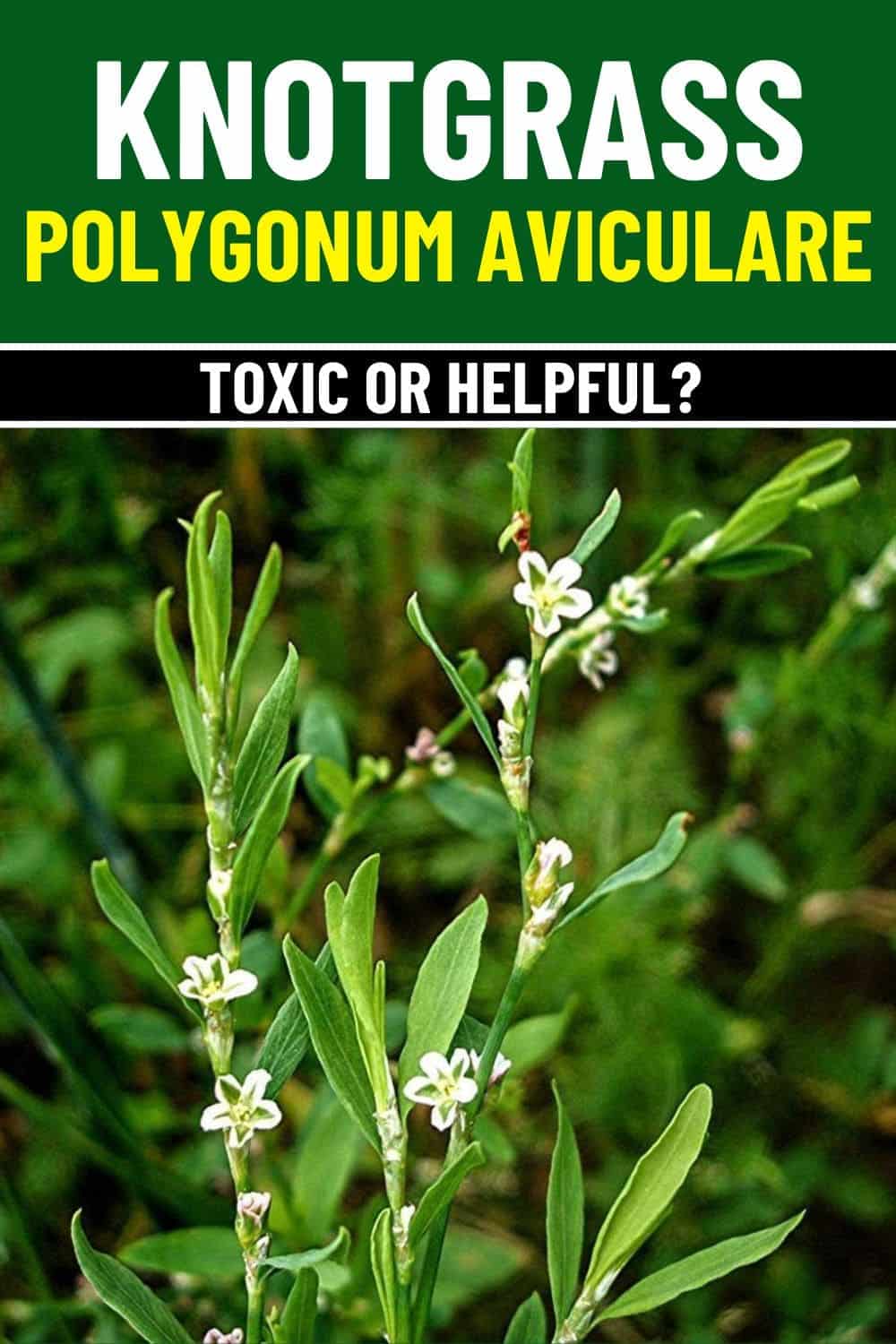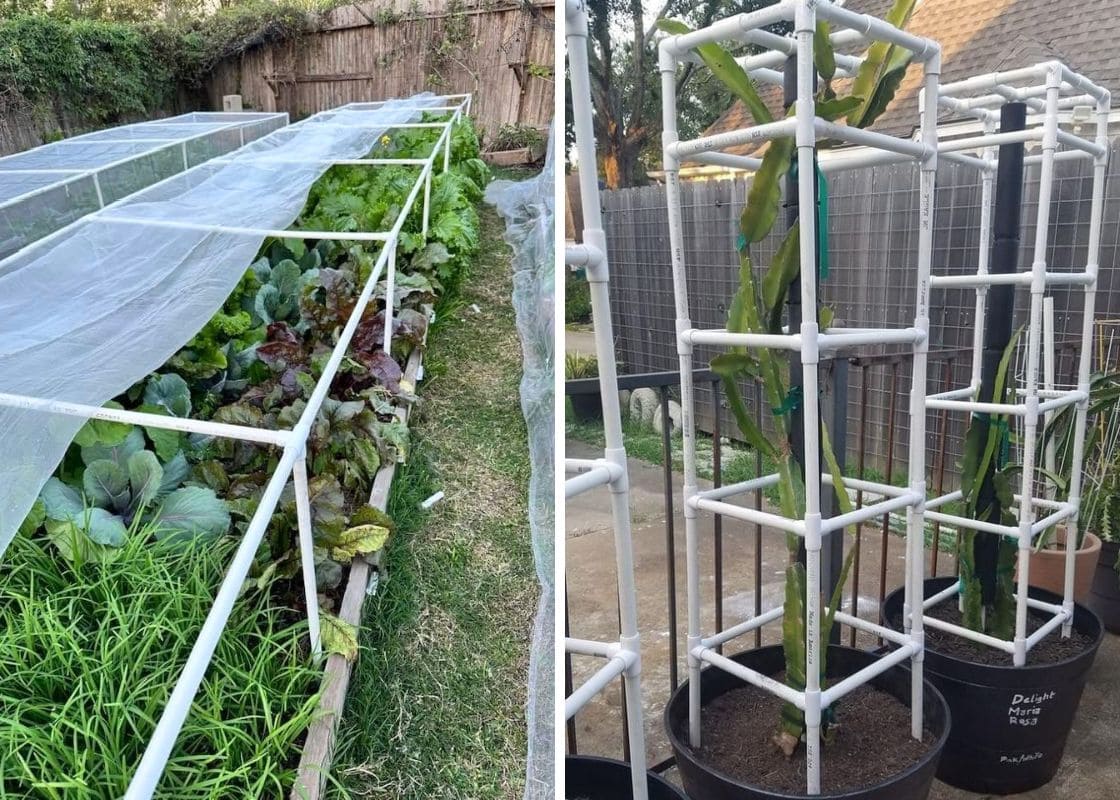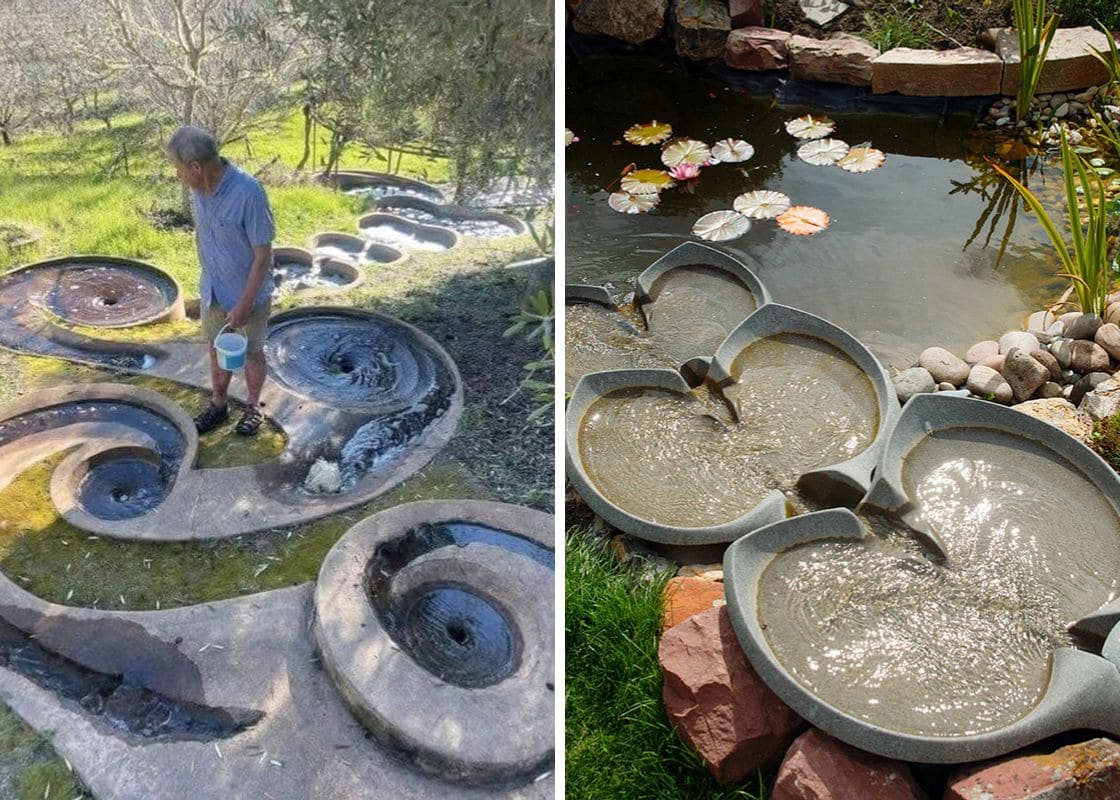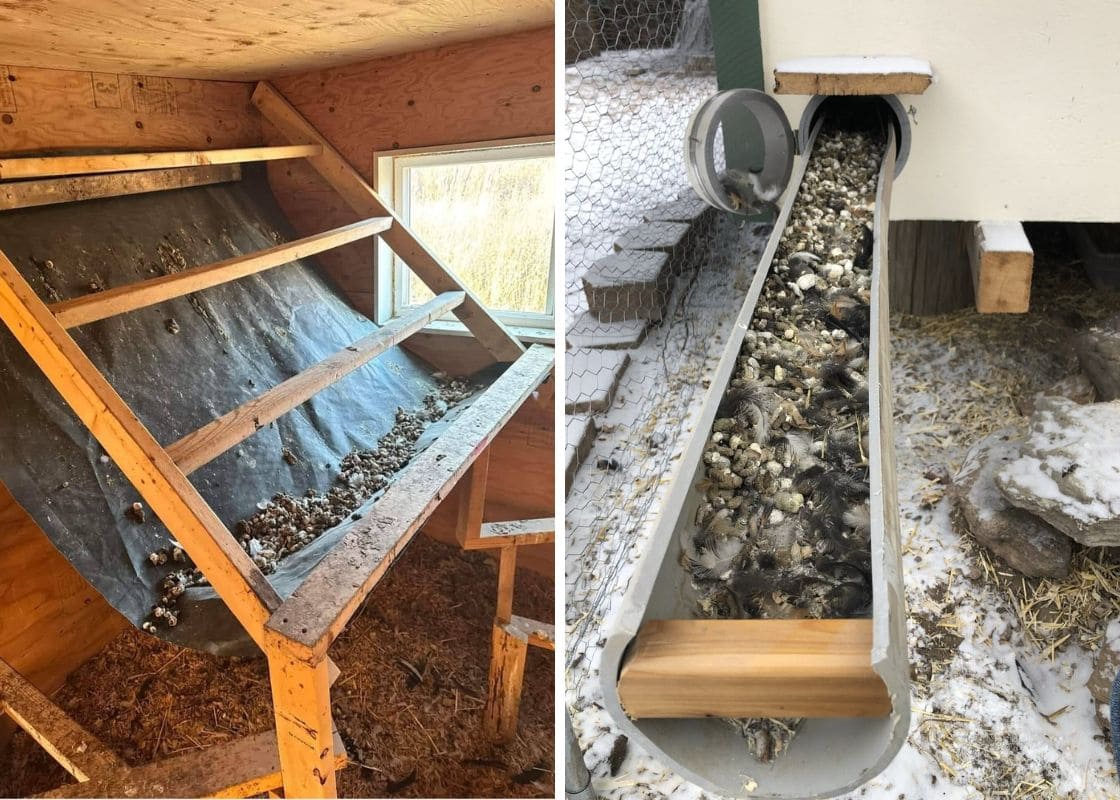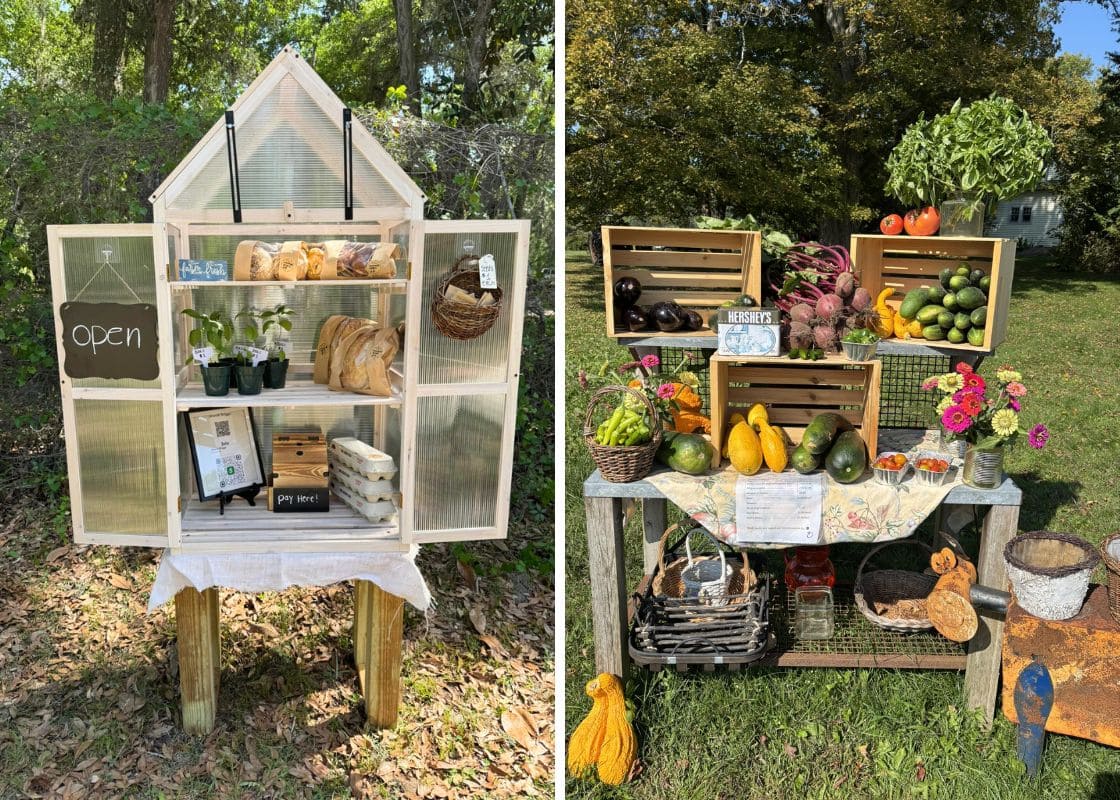Knotgrass (Polygonum aviculare), often dismissed as a common weed, has a rich history in traditional medicine.
This plant contains powerful nutrients like flavonoids, tannins, and antioxidants.
However, while knotgrass offers significant wellness perks, it also comes with potential risks if not used correctly.
How Does Knotgrass Benefit Health?
#1. Supports Urinary Health
Knotgrass works as a natural diuretic, helping your body produce more urine. This helps flush out toxins and reduces water retention, which can ease swelling.
It also supports kidney health by promoting regular cleansing and proper functioning of this important organ.
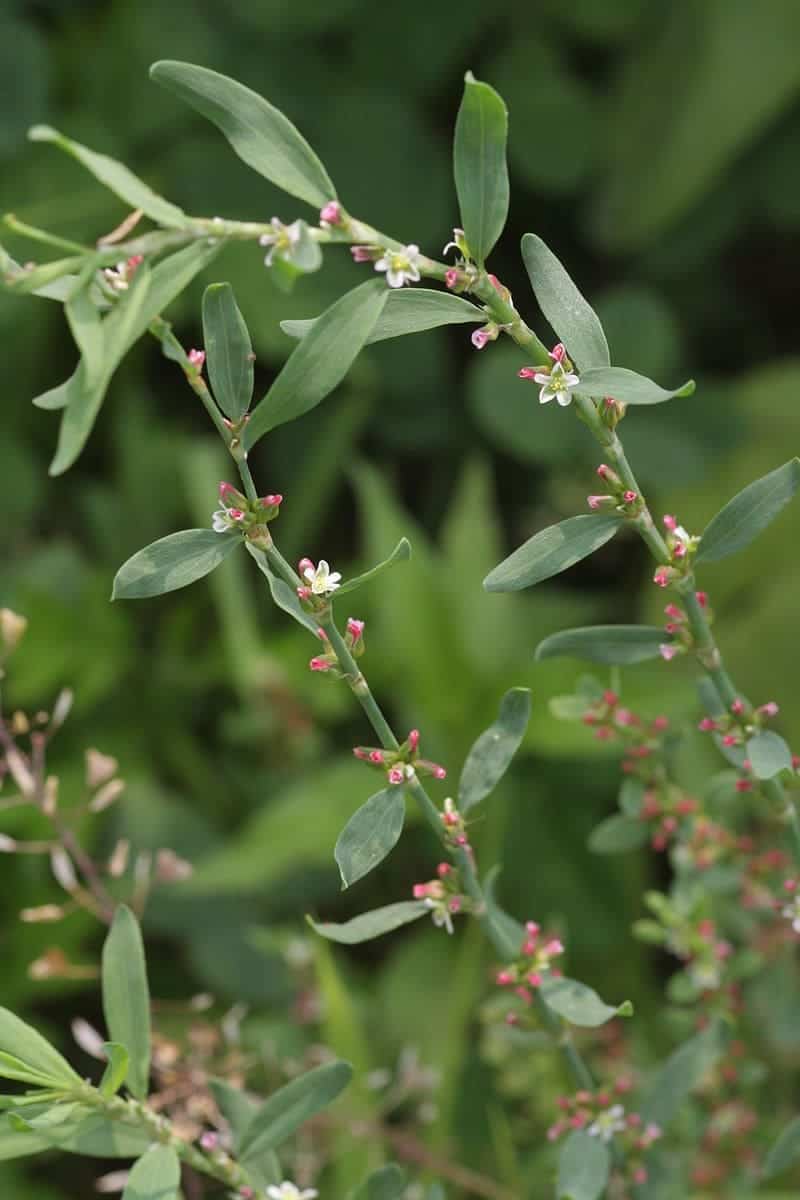
#2. Reduces Inflammation
Knotgrass contains flavonoids like quercetin, which help reduce swelling, pain, and discomfort caused by conditions like arthritis.
In addition, research in the Journal of Ethnopharmacology shows that these plant-based compounds are effective in managing inflammation naturally.
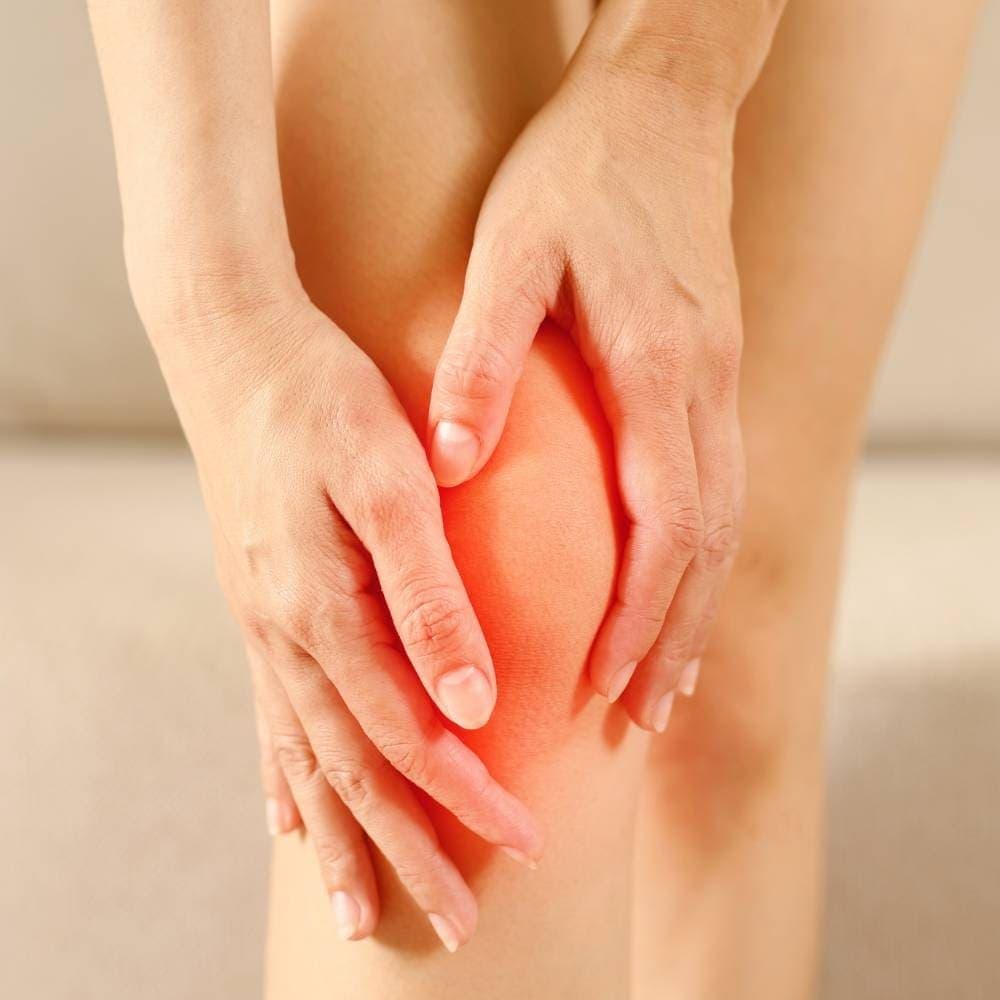
#3. Aids Digestive Health
Knotgrass is rich in tannins, which tighten intestinal tissues and reduce irritation, helpful for diarrhea or upset stomachs.
You should use knotgrass tea to relieve digestive distress and promote gut health.

#4. Promotes Wound Healing
Knotgrass leaves have properties that help heal minor cuts and wounds. They fight infections, reduce swelling, and recover the affected area faster.
Therefore, knotgrass is a great natural remedy for minor skin injuries or irritations.
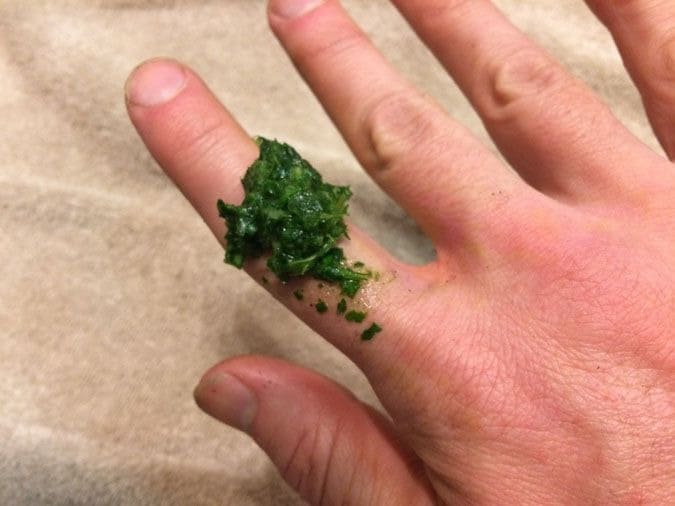
#5. Boosts Antioxidant Protection
Antioxidants in knotgrass combat oxidative stress and protect cells from damage. They may lower the risk of chronic diseases like heart disease and cancer.
You can regularly use knotgrass in tea or supplements to strengthen your body’s natural defenses against aging and disease.

What Risks Does Knotgrass Pose?
1. High Oxalate Content
Knotgrass contains oxalates, which can block calcium absorption and increase the risk of kidney stones. This is especially a concern for people with kidney problems.
So, to lower the risk, boil knotgrass before using it. This reduces its oxalate content and makes it safer.

2. Accumulates Nitrates
Knotgrass can absorb nitrates from the soil, especially in areas with high nitrogen levels.
If eaten in large amounts, these nitrates can reduce oxygen levels in the blood and cause health issues.
To stay safe, make sure knotgrass is harvested from clean, low-nitrogen areas.

3. Tannins May Cause Digestive Irritation
While tannins in knotgrass help with digestion, consuming too much can irritate your stomach. This might cause discomfort and affect how your body absorbs nutrients.
Therefore, moderation is important to enjoy the benefits without side effects.

4. Toxicity to Animals
Knotgrass is the main food source for pets and livestock during dry seasons. However, animals that eat too much may experience digestive issues or weakness.
So, if you have animals, keep an eye on where knotgrass grows and limit their access.

5. Limited Data for Pregnancy and Breastfeeding
There isn’t enough information about knotgrass’s safety for pregnant or breastfeeding women. Its active compounds could pose risks to both mother and baby.
You should avoid knotgrass during these times unless advised by your doctor.
How to Use Knotgrass Safely
- Knotgrass tea: Steep 1–2 teaspoons of dried knotgrass in boiling water for 10–15 minutes. Drink up to twice daily.
- Topical poultice: Crush fresh leaves and apply to minor wounds to reduce inflammation and speed up healing.
- Boiling for cooking: Always boil knotgrass before adding it to recipes to reduce oxalates and tannins.
- Consultation: Seek advice from a healthcare provider or herbalist, especially if you have kidney issues or are pregnant.
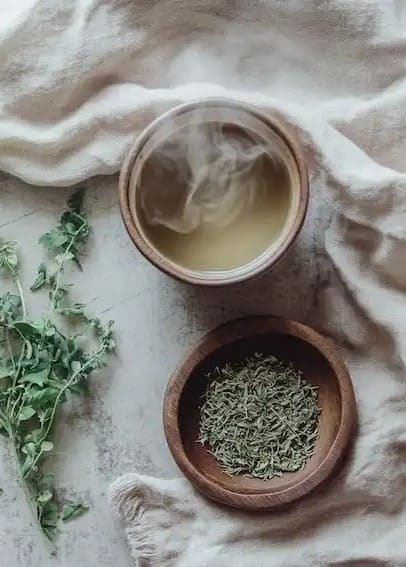
Disclaimer
This article is for informational purposes only and not a substitute for professional medical advice.
Always consult a healthcare provider before using knotgrass for health or medicinal purposes.
